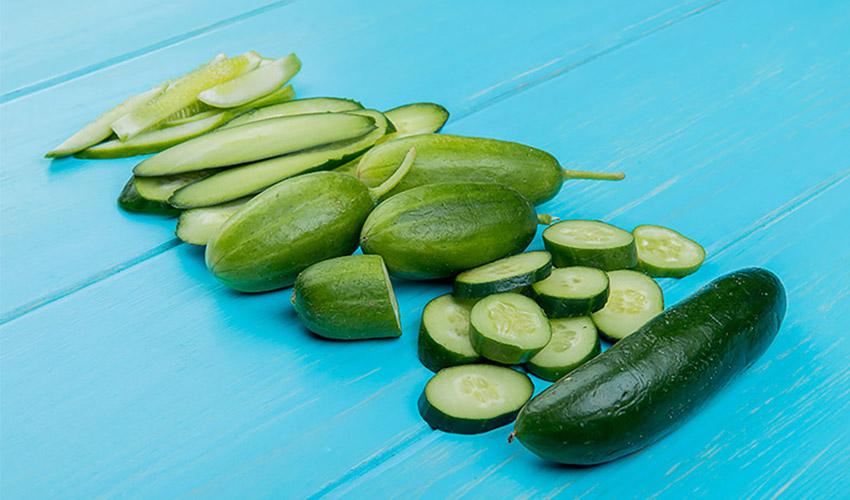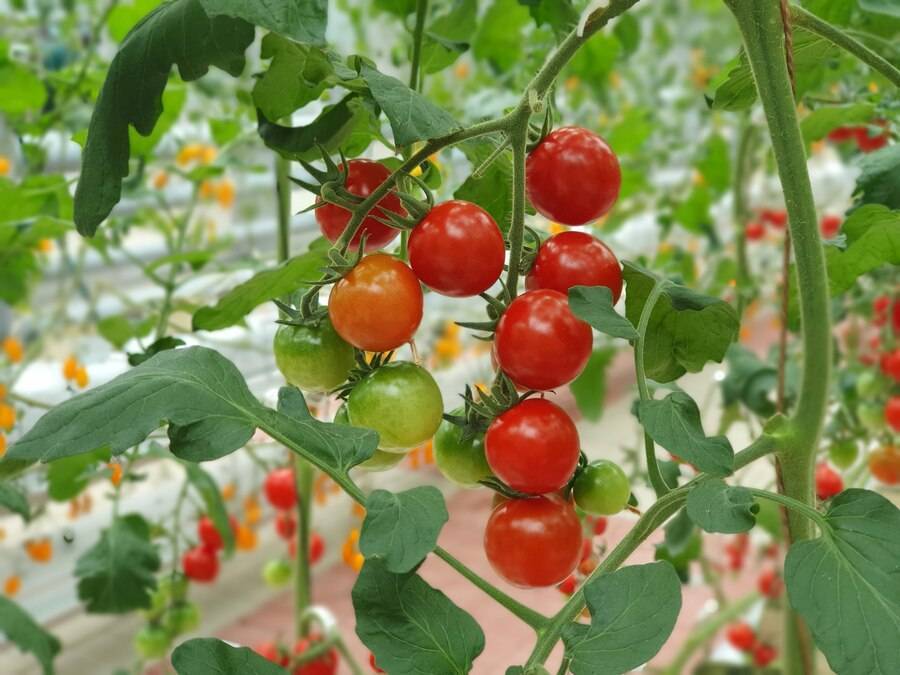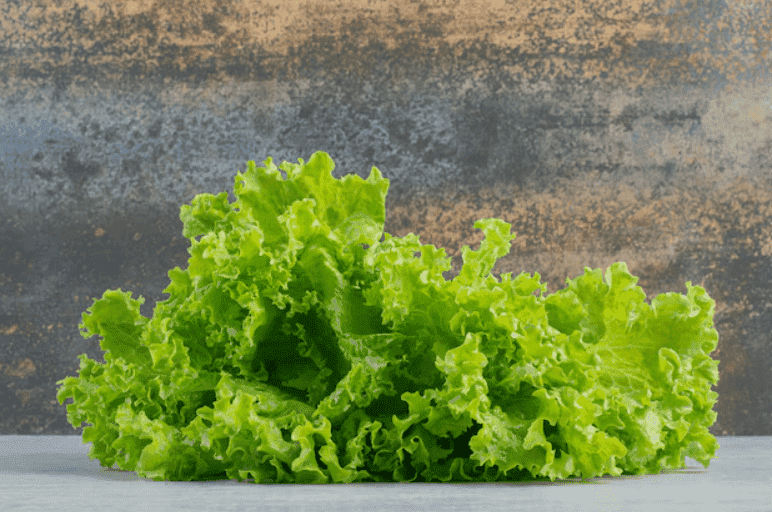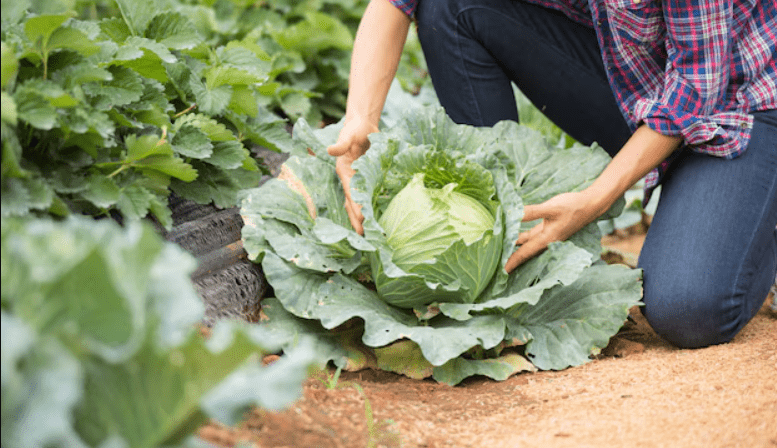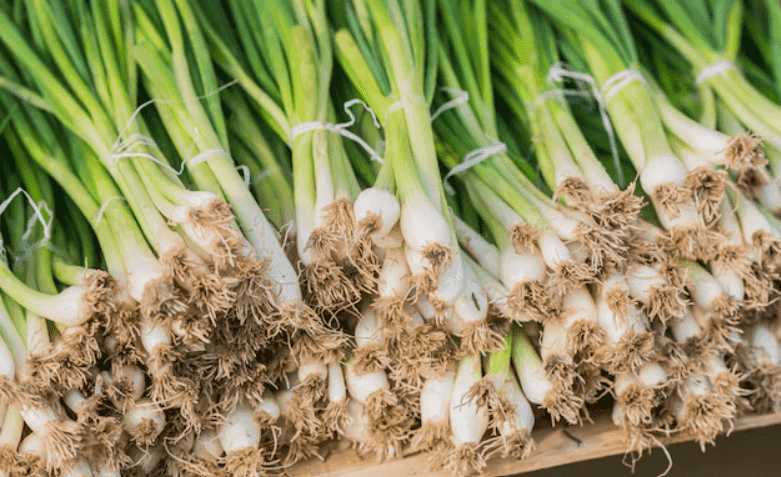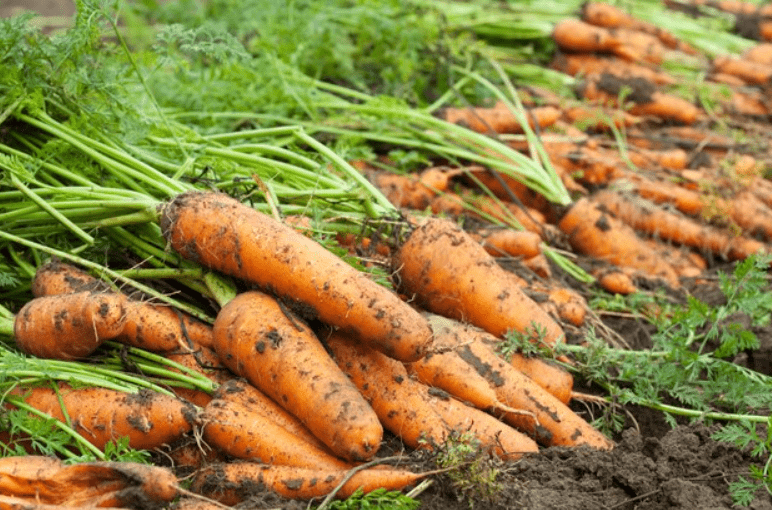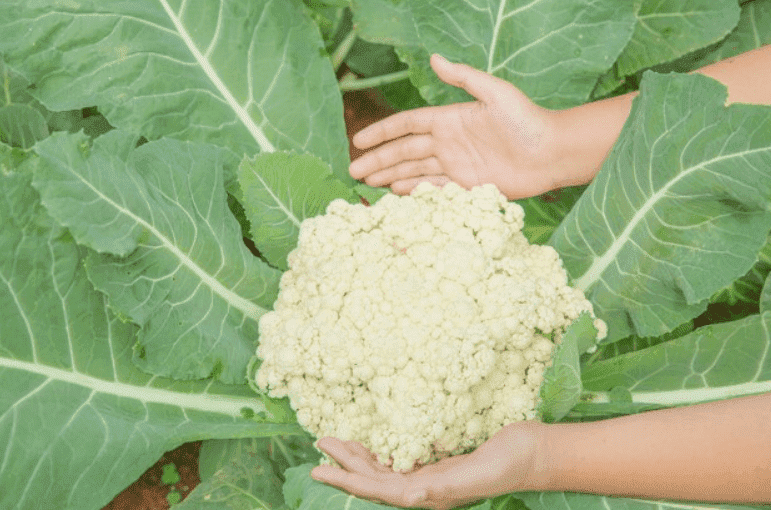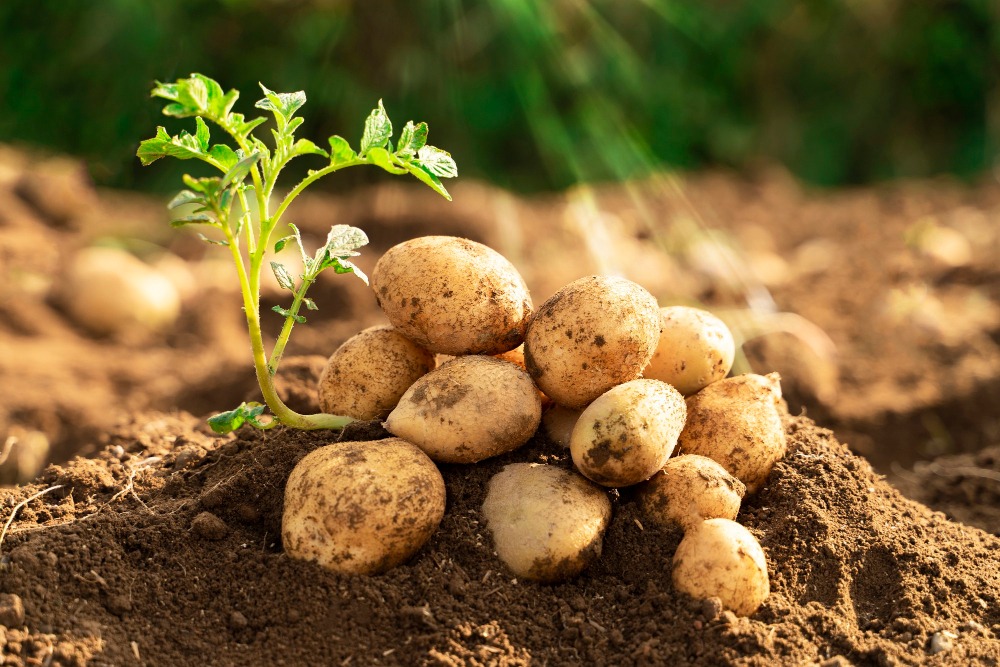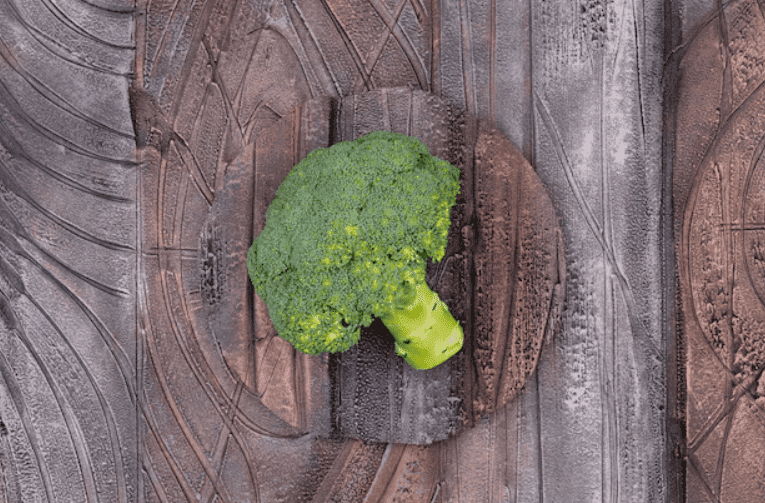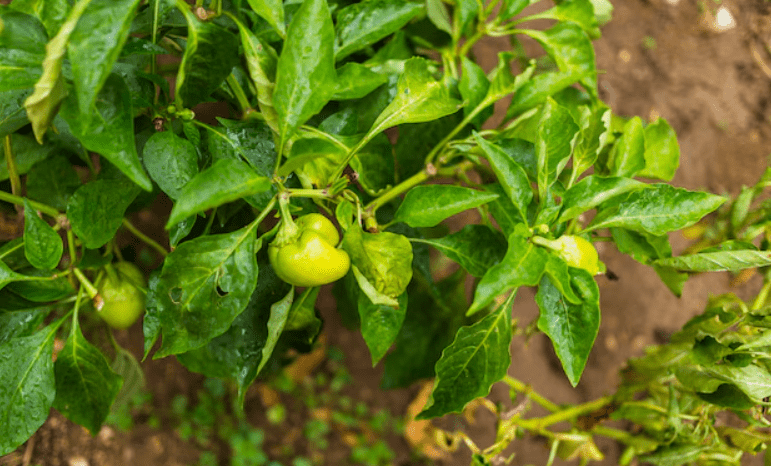There’s nothing more frustrating than realizing the cucumbers you’ve carefully grown at home have a bitter flavor. Several factors can cause this unpleasant taste, but don’t worry – we’ll explain why it happens and show you how to avoid bitter cucumbers, ensuring your harvest turns out fresh and delicious.
Table of Contents
ToggleWhy Are My Cucumbers Bitter?
Many cucumbers taste perfectly fresh, while others, even from the same vine, can turn out bitter. This bitterness is caused by a natural substance known as cucurbitacin and plays a crucial role in learning how to avoid bitter cucumbers.
While all cucumber plants produce cucurbitacin, those grown in home gardens usually have only small amounts of it in the fruit. Most of the compound is concentrated in the stems, leaves, and roots, where it helps protect the plant from pests like cucumber beetles.
However, under stressful growing conditions, cucurbitacin can move into the fruit often from the stem end, resulting in an unpleasant taste. That’s why sometimes only one end of a cucumber is bitter, while the rest remains mild and enjoyable. Since the skin often contains more cucurbitacin than the inner flesh, peeling the cucumber can significantly reduce its bitterness.
Common Causes of Bitter Cucumbers
Irregular Watering: Fluctuating moisture levels, such as underwatering during dry spells or frequent overwatering, can cause the plant to become stressed, leading to increased bitterness in the fruit.
Heat Stress: Extended periods of high temperatures or abrupt shifts in weather can stimulate the plant to produce more cucurbitacin, the compound responsible for bitterness.
Unsuitable Soil Conditions: Soil that lacks essential nutrients or has an unbalanced pH can weaken the plant and cause cucumbers to become bitter.
Genetic Factors: Certain cucumber types are naturally more prone to developing bitterness due to their genetic composition.
How to Prevent Bitter Cucumbers
Select the Right Cucumber Varieties
Some cucumber varieties are naturally more susceptible to bitterness than others. Over time, breeders have developed improved types by minimizing the amount of cucurbitacin in the stems and other plant parts.
Choosing varieties that produce lower cucurbitacin levels increases your chances of harvesting sweet, mild-tasting cucumbers, even under stressful conditions. If you’re looking for reliable, non-bitter options, go for favorites like ‘Carmen,’ ‘County Fair,’ ‘Diva,’ ‘Green Knight,’ ‘Sweet Slice,’ ‘Sweet Success,’ and ‘Tasty Green.’ Understanding this is essential when learning how to avoid bitter cucumbers in your home garden.
Because high cucurbitacin levels can also trigger digestive issues, breeders have introduced “burp-less” cucumbers. These types are typically gentler on the stomach and known for their crisp, sweet flavor with minimal bitterness.
Ensure Consistent Watering
Cucumber plants are susceptible to drought. During dry spells, cucurbitacin tends to accumulate more rapidly as the plant experiences stress, often resulting in bitter-tasting fruit.
To prevent this, provide your plants with a steady water supply of around 1.5 inches per week, especially when rainfall is limited. Water deeply in the early morning or late afternoon to allow the leaves to dry quickly, which helps lower the risk of fungal infections.
If you live in an arid area, use a drip irrigation system or soaker hose placed near the base of your cucumber plants. These tools provide slow, consistent moisture over time. Pairing them with a timer ensures your plants receive just the right amount of water without any hassle.
Add Mulch to Protect the Soil
Mix a 2-inch thick layer of organic mulch, such as shredded bark, straw, or grass trimmings, around the base of your cucumber plants. It will help retain soil moisture and shield roots from extreme temperature shifts. Stress caused by dry weather, heatwaves, or even sudden cold snaps often leads to bitter cucumbers.
Mulch acts as a moisture barrier. It helps minimize water loss from the soil. It also serves as insulation, maintaining a more stable root temperature. This protective layer keeps plants from experiencing stress that could otherwise trigger cucurbitacin production and make the fruit bitter.
Practice Succession Planting
Plant cucumber seeds every two weeks, starting in late spring and continuing through midsummer. This gardening strategy, known as succession sowing, is a smart approach when learning how to grow cucumbers that are consistently sweet and crisp despite fluctuating weather conditions.
Since bitterness often results from temporary stress, such as a sudden heatwave or cold front, planting in intervals ensures that not all your crops are exposed to the same stress at the same time. So, if one planting suffers from a rough patch and turns out bitter, the next wave of cucumbers will likely mature under more favorable conditions.
Be Patient
Bitterness in cucumbers often fades as growing conditions improve. Once the plant is no longer stressed, new fruits usually develop with a mild, refreshing flavor. So, if you’ve had a few disappointing cucumbers, don’t give up. With a little patience, your garden will soon reward you with delicious, crisp produce ready for your next salad or snack.
Solutions for Bitter Cucumbers
Remove the Peel: The highest concentration of cucurbitacin is usually found in the skin and near the stem. By trimming off these parts, you can significantly improve the taste.
Grow with Companion Plants: Surround your cucumber crop with pest-repelling companions, such as marigolds or dill. These helpful neighbors can reduce plant stress and support healthier, sweeter fruit.
Soak Before Serving: Cut the cucumbers into slices and soak them in a bowl of salted water or diluted vinegar for about 30 minutes. This simple trick helps balance the flavor and minimize any lingering bitterness.
Cook for a Milder Taste: Heat can break down cucurbitacin, resulting in a milder flavor. Instead of eating them raw, try sautéing, stir-frying, or pickling bitter cucumbers to enjoy a more appealing taste.

